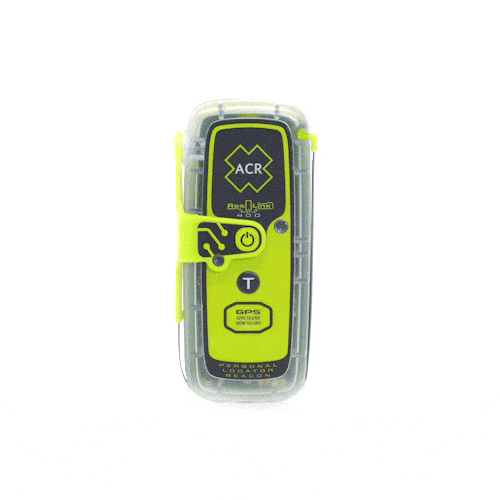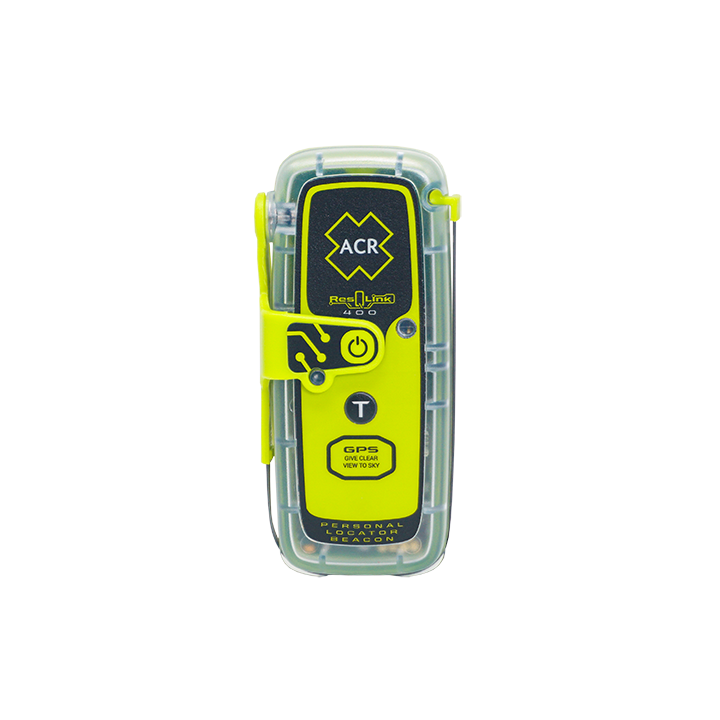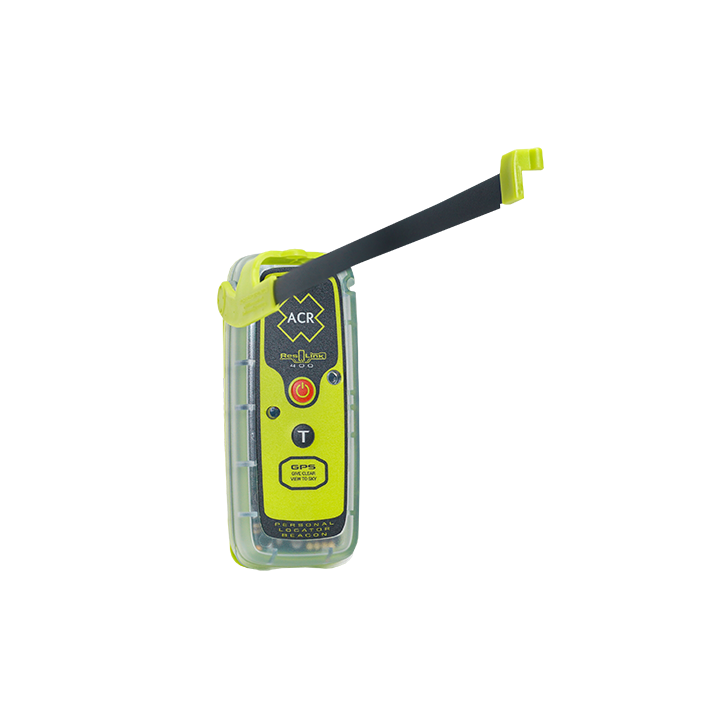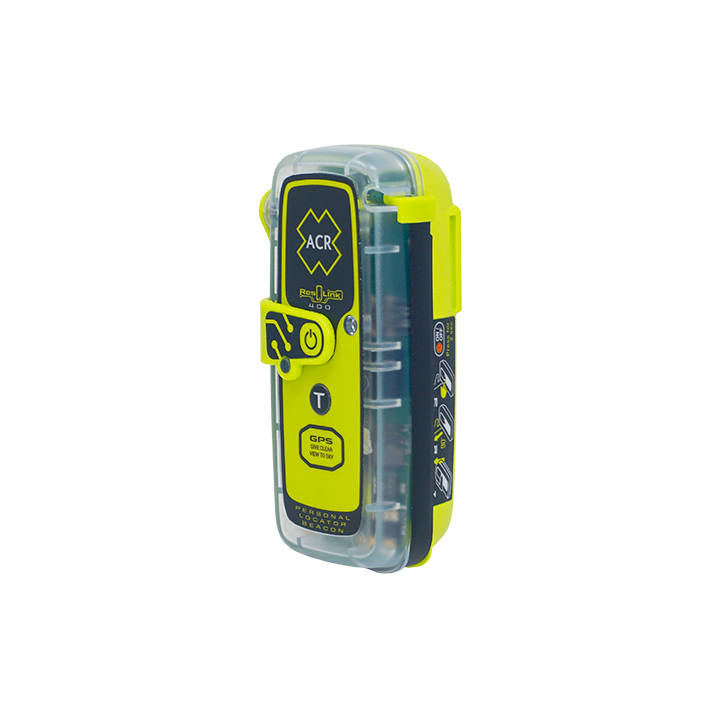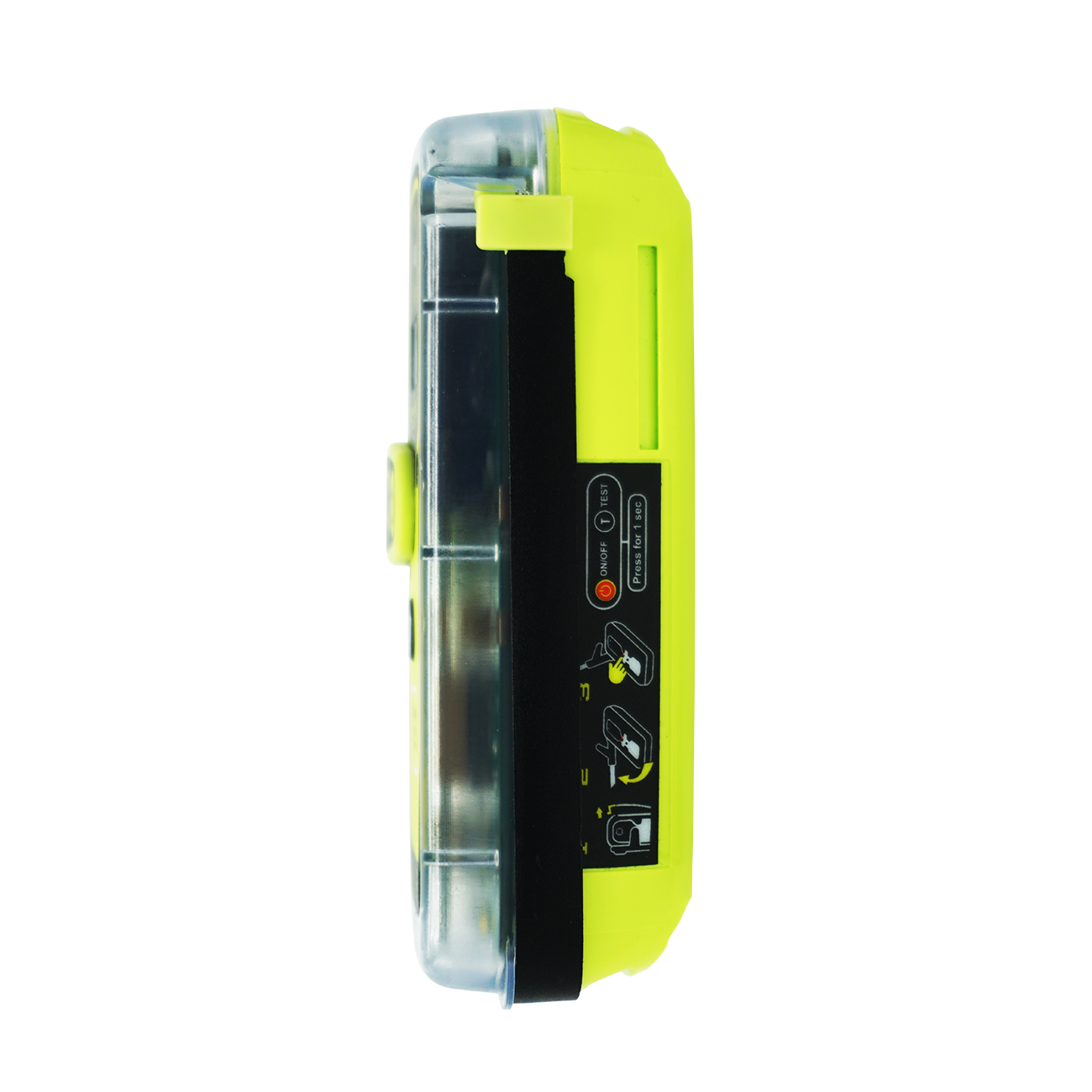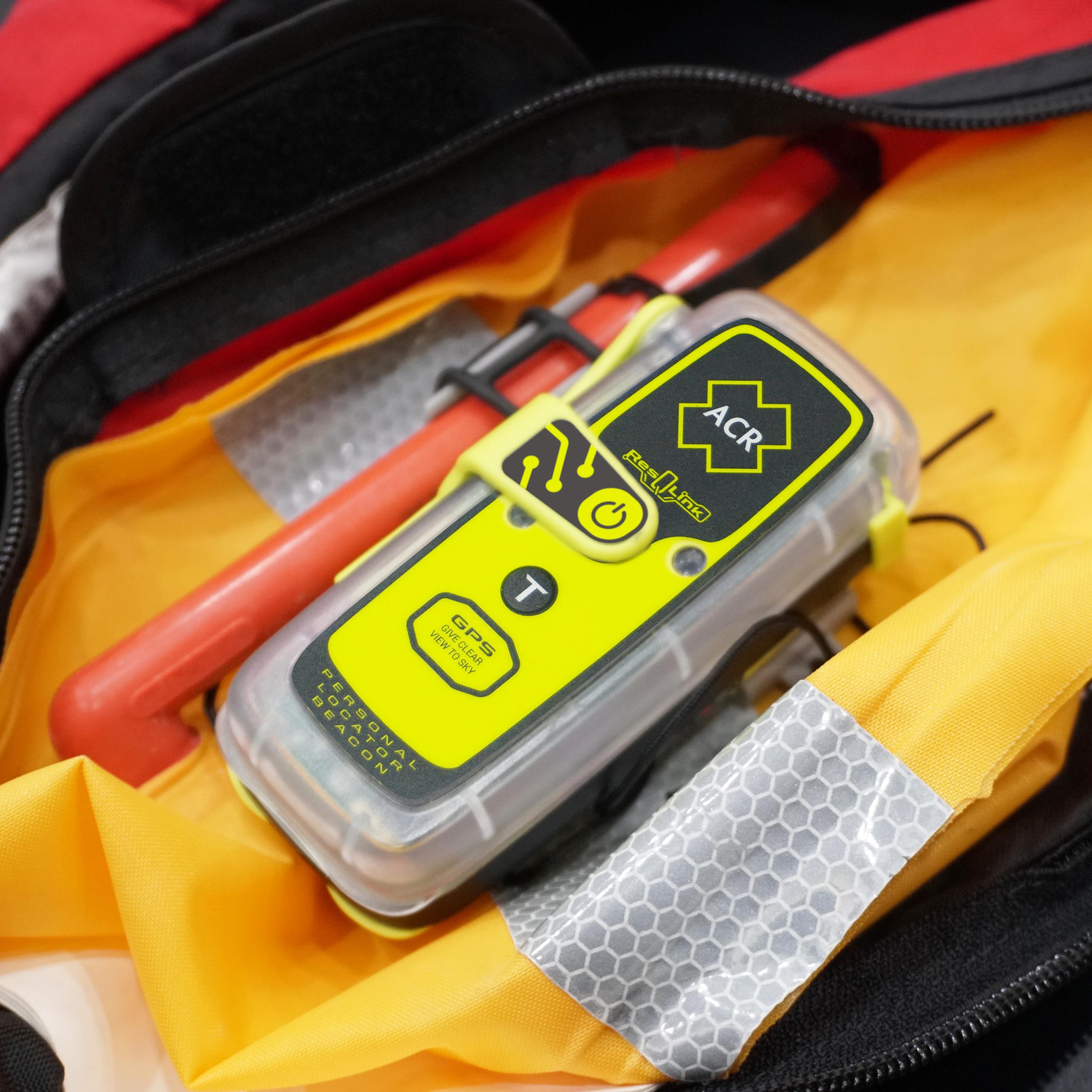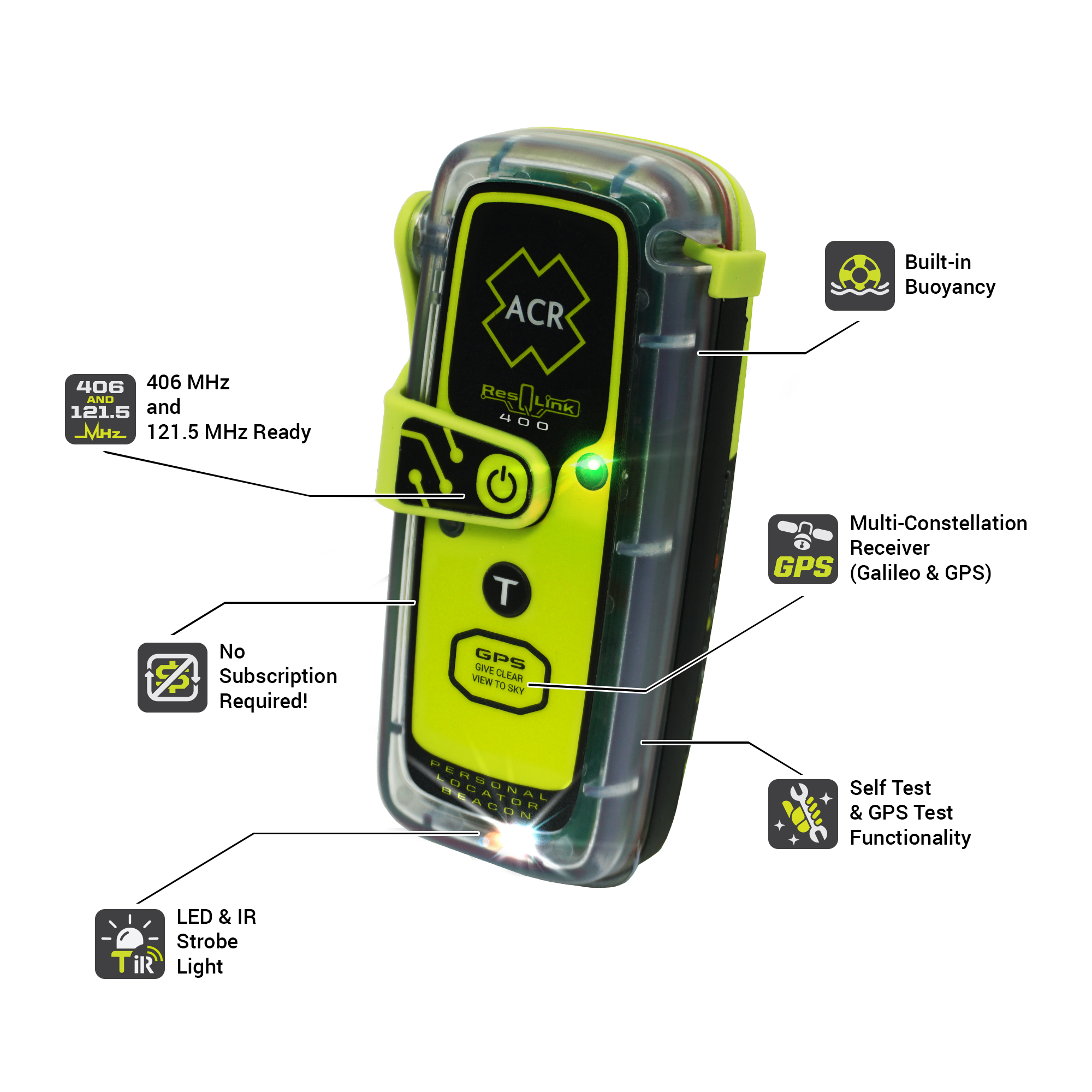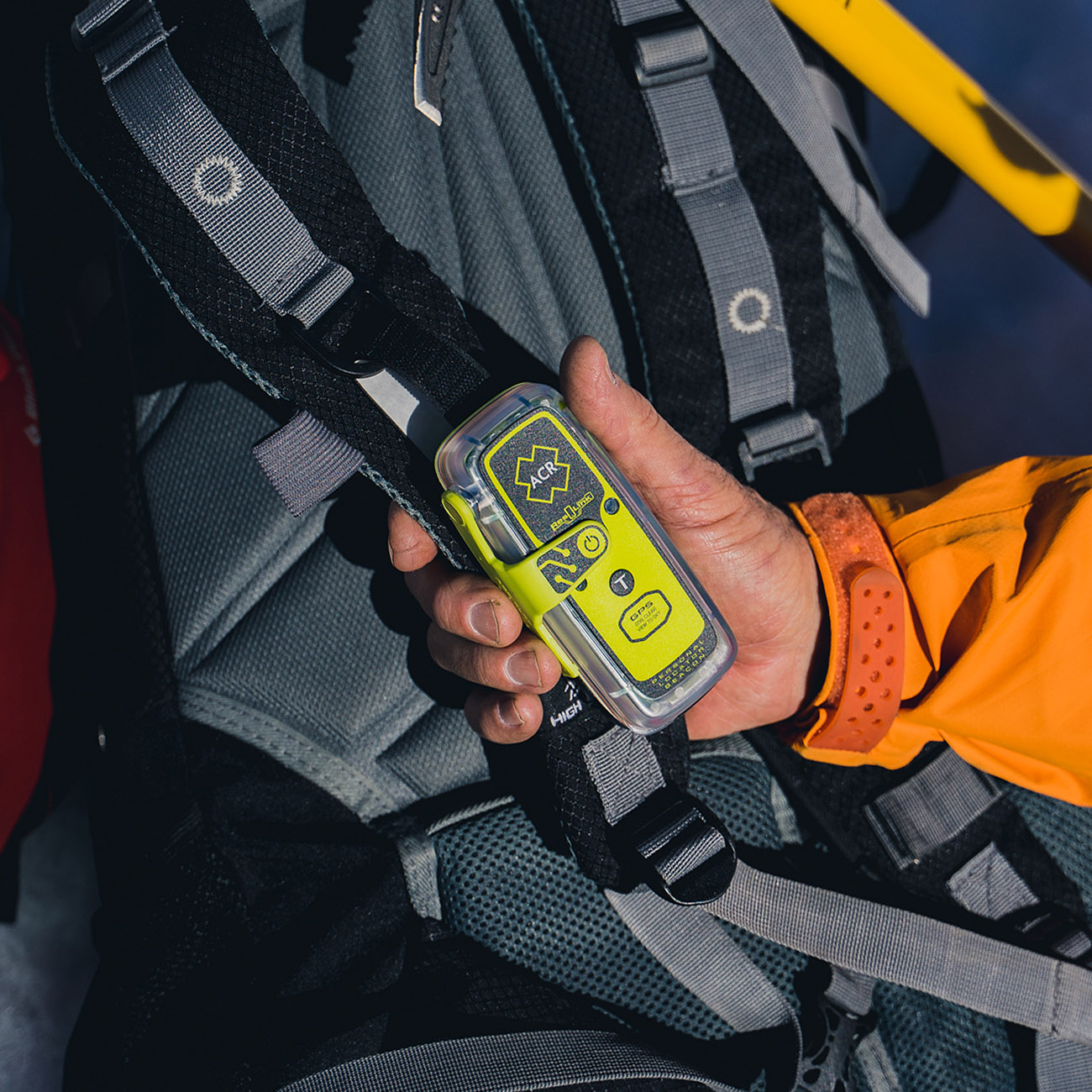
Lives saved
1

Off-road

Desert

Crash or collision
Challenging Terrain
20 Minutes to Survival: Helicopter Rescue Saves Biker with Lacerated Spleen
-45.5154561°S, 169.6158291°E
Posted on December 10, 2024 by Russell
What happened?
It was a clear, beautiful day, and we were taking part in a Postie Bike Rally.
The group was on the final stretch, heading back to home base, when our friend Russell suddenly lost control of his bike and fell. It was a relatively slow-speed accident since we were navigating a rough, unmaintained gravel road.
I arrived on the scene just as Russell was picking himself up and brushing the dust off. He looked pale, shocked, and a little unsteady, but he was on his feet, which initially eased our concern. The rest of the group stuck around for a while, checking out the bike and joking to lighten the mood. Even Russell cracked a smile and joined in. Before long, the others headed off—happy hour at the pub was calling—and my wife and I decided to hang back with Russell for a little longer, just to make sure he was truly okay.
After a while, Russell went off for a quick bathroom break, but when he returned, his face had gone pale again. He looked at us, shocked, and said, “I just peed blood.” Coming from an ultrarunning background, where this sometimes happens due to endurance efforts, it didn’t immediately sound like a red-alert situation to us—but in hindsight, that’s when I should have deployed the PLB.
Russell still seemed coherent and able to move, so we thought we’d try to ride back slowly and reassess along the way. We didn’t get far—maybe 100 meters—before Russell stopped abruptly. He couldn’t dismount from his bike, and it was clear that something was very wrong. My wife dropped her bike and rushed to support him, while I followed suit, quickly deploying our ResQLink 400 PLB.
We got Russell off the bike, but as soon as he was on the ground, he went into full shock and passed out for several minutes. It was a tense and terrifying moment. Thankfully, the helicopter was already in the air from another medical transfer, and within 20 minutes, they arrived on the scene. It was such a relief to hand Russell over to the professionals, knowing he was in good hands. Of course, we couldn’t resist snapping the obligatory “rescue chopper photo” before they took off.
A few days later, I reached out to check on Russell. The news was sobering: he had suffered a lacerated spleen, a punctured kidney, a couple of broken ribs, and a nasty knock to the head. The doctors told him, point-blank, that without the helicopter ride, he wouldn’t have made it home.
We are so incredibly grateful to the helicopter crew and everyone involved in the rescue. It’s a stark reminder that even a slow-speed accident can turn serious, and having a PLB on hand—and deploying it promptly—can make all the difference. Russell was lucky that day, and we’ll never forget it.
Words of wisdom
If you ever have to wonder weather or not to deploy your PLB, chances are you should.
Thank you note
We deployed our PLB & got the chopper even before my mates “Inreach” sent a message. Love your hard work.
Rescue location
Lake Onslow Road, Otago, New Zealand
Rescue team
Local Search and Rescue
ResQLink™ 400
Go to product details$379.95 – $419.95
Small but resilient, the ResQLink 400 has been professionally engineered and tested to ensure it can withstand even the harshest elements. This buoyant Personal Locator Beacon requires no subscription for use and can be utilized to enhance your safety in a wide variety of environments. Whether on land, at sea, or in the air, trust that the ResQLink’s satellite precision and military durability, put rescue in the palm of your hands.
Features and Benefits:
- No Subscription Required
- GPS and Galileo GNSS
- Built-In Buoyancy
- Strobe and Infrared Strobe
- Global Coverage
- MEOSAR Compatible
- Small and lightweight
- 5-year battery life
- 24+ hours Operational Life**
- Multi-function Clip System Included
